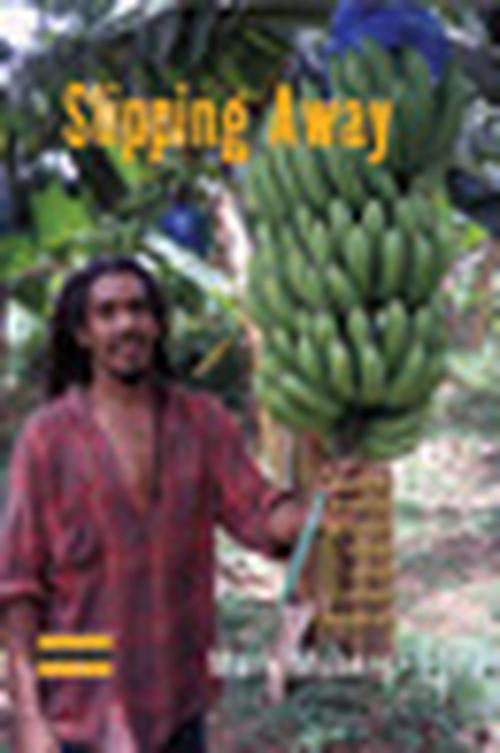Slipping Away
Banana Politics and Fair Trade in the Eastern Caribbean
Nonfiction, History, Americas, Caribbean & West Indies, Social & Cultural Studies, Social Science, Cultural Studies, Emigration & Immigration, Business & Finance, Economics| Author: | Mark Moberg | ISBN: | 9781845458744 |
| Publisher: | Berghahn Books | Publication: | November 1, 2008 |
| Imprint: | Berghahn Books | Language: | English |
| Author: | Mark Moberg |
| ISBN: | 9781845458744 |
| Publisher: | Berghahn Books |
| Publication: | November 1, 2008 |
| Imprint: | Berghahn Books |
| Language: | English |
During the 1990s, the Eastern Caribbean was caught in a bitter trade dispute between the US and EU over the European banana market. When the World Trade Organization rejected preferential access for Caribbean growers in 1998 the effect on the region’s rural communities was devastating. This volume examines the “banana wars” from the vantage point of St. Lucia’s Mabouya Valley, whose recent, turbulent history reveals the impact of global forces. The author investigates how the contemporary structure of the island’s banana industry originated in colonial policies to create a politically “stable” peasantry, followed by politicians’ efforts to mobilize rural voters. These political strategies left farmers dependent on institutional and market protection, leaving them vulnerable to any alteration in trade policy. This history gave way to a new harsh reality, in which neoliberal policies privilege price and quantity over human rights and the environment. However, against these challenges, the author shows how the rural poor have responded in creative ways, including new social movements and Fair Trade farming, in order to negotiate a stronger position for themselves in the in a shifting global economy.
During the 1990s, the Eastern Caribbean was caught in a bitter trade dispute between the US and EU over the European banana market. When the World Trade Organization rejected preferential access for Caribbean growers in 1998 the effect on the region’s rural communities was devastating. This volume examines the “banana wars” from the vantage point of St. Lucia’s Mabouya Valley, whose recent, turbulent history reveals the impact of global forces. The author investigates how the contemporary structure of the island’s banana industry originated in colonial policies to create a politically “stable” peasantry, followed by politicians’ efforts to mobilize rural voters. These political strategies left farmers dependent on institutional and market protection, leaving them vulnerable to any alteration in trade policy. This history gave way to a new harsh reality, in which neoliberal policies privilege price and quantity over human rights and the environment. However, against these challenges, the author shows how the rural poor have responded in creative ways, including new social movements and Fair Trade farming, in order to negotiate a stronger position for themselves in the in a shifting global economy.















